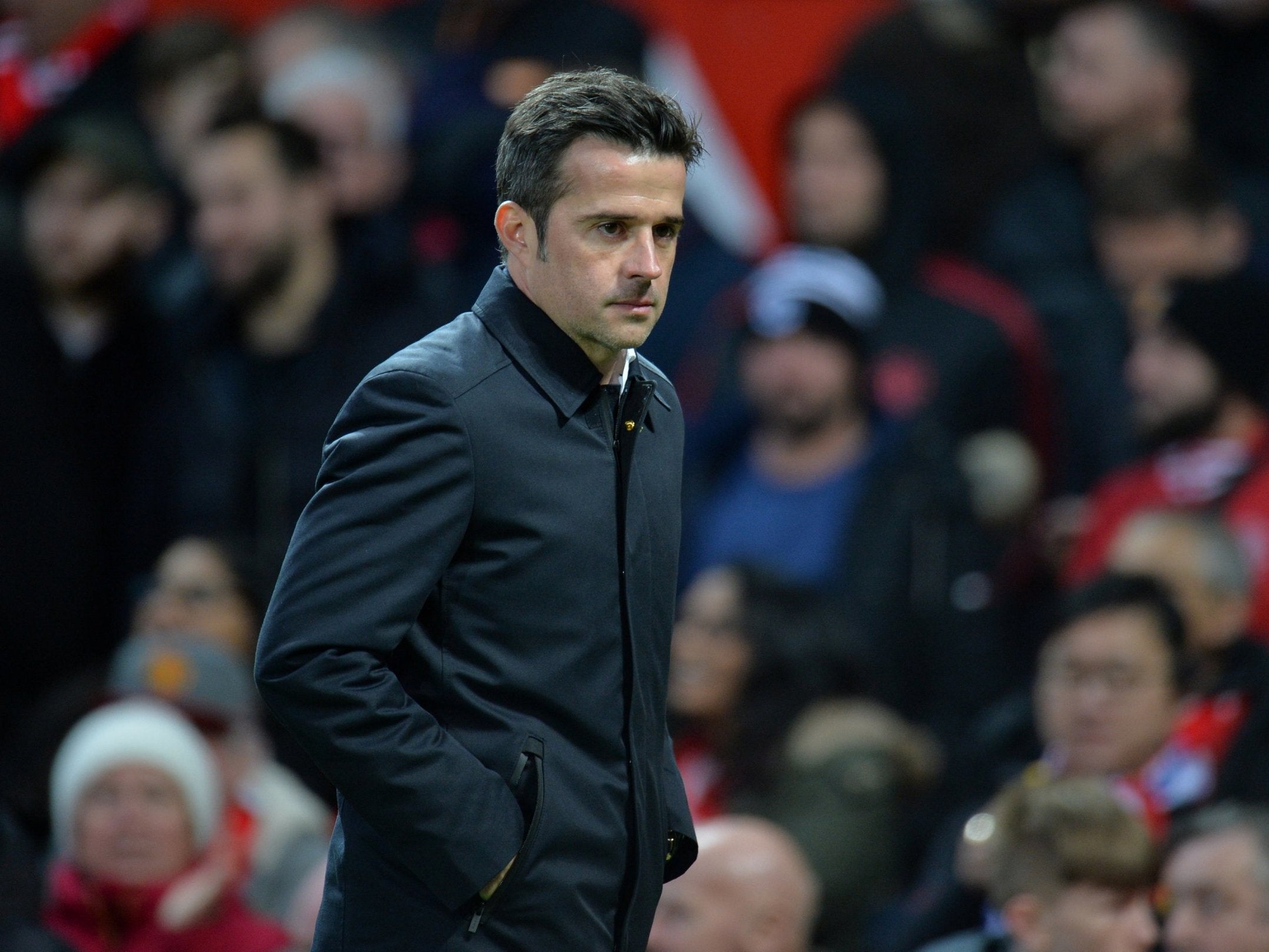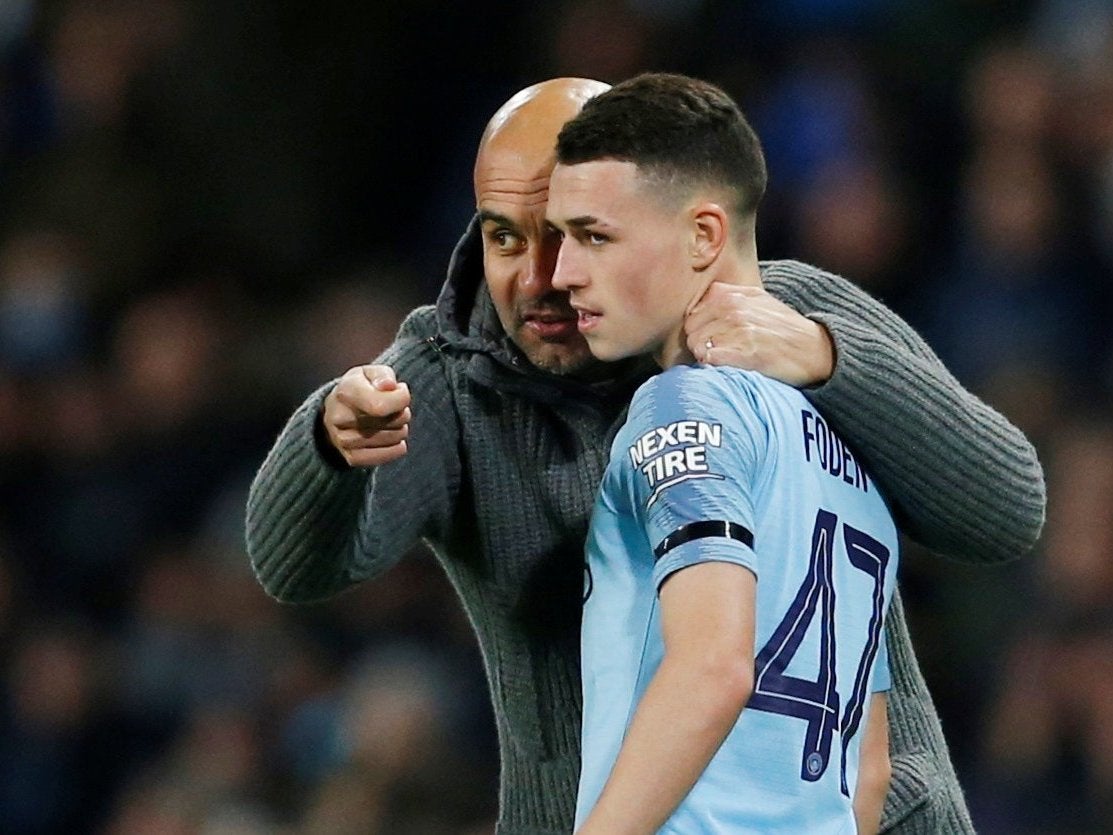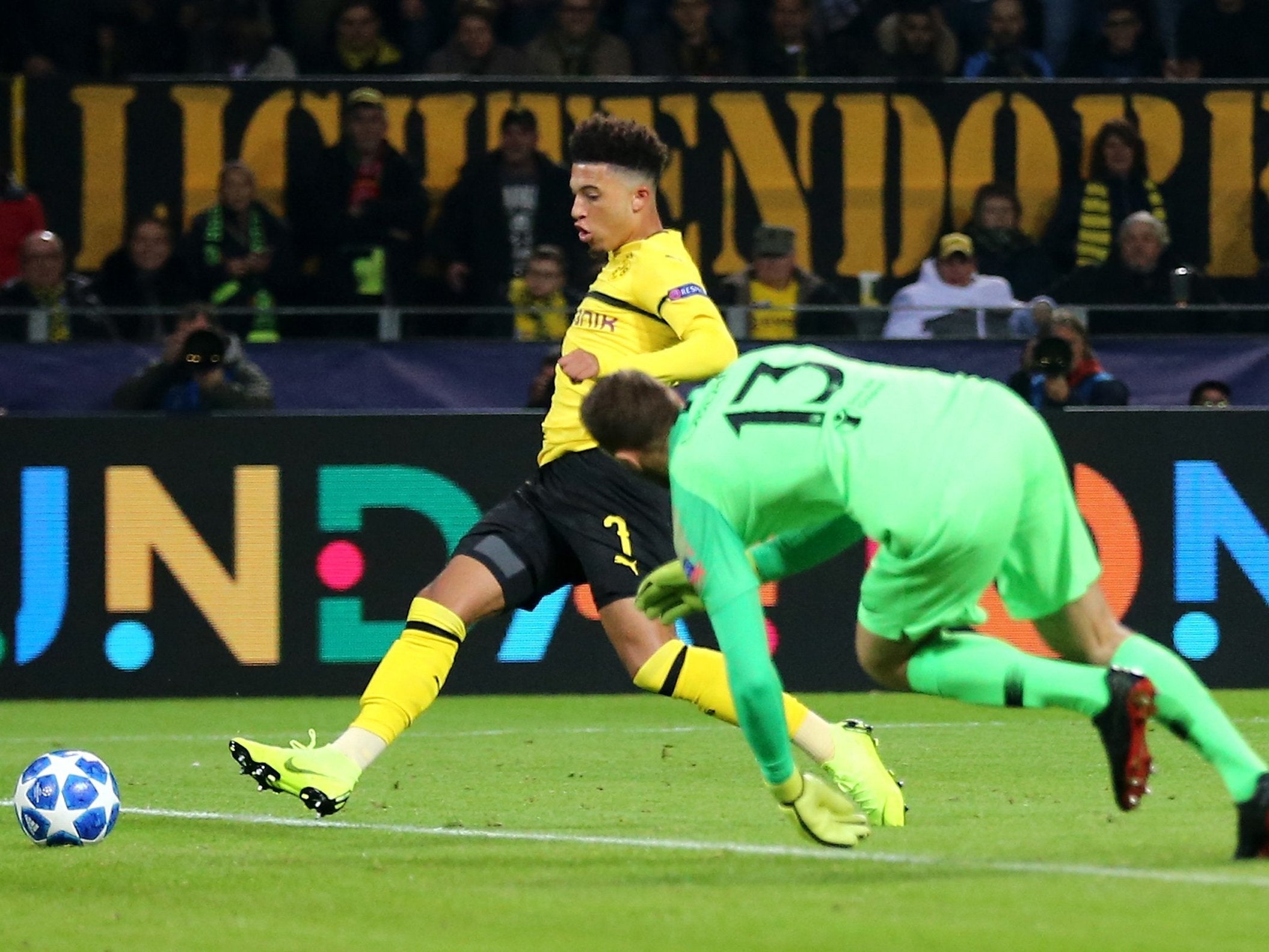Double Pass, the Premier League and Manchester City: the challenges that young English footballers face
The controversial Elite Player Performance Plan had been independently assessed by Double Pass until this summer, but did it really help develop the best young talent in the country?

Your support helps us to tell the story
From reproductive rights to climate change to Big Tech, The Independent is on the ground when the story is developing. Whether it's investigating the financials of Elon Musk's pro-Trump PAC or producing our latest documentary, 'The A Word', which shines a light on the American women fighting for reproductive rights, we know how important it is to parse out the facts from the messaging.
At such a critical moment in US history, we need reporters on the ground. Your donation allows us to keep sending journalists to speak to both sides of the story.
The Independent is trusted by Americans across the entire political spectrum. And unlike many other quality news outlets, we choose not to lock Americans out of our reporting and analysis with paywalls. We believe quality journalism should be available to everyone, paid for by those who can afford it.
Your support makes all the difference.A story lost to the summer, though it did not go unnoticed, was that the Premier League ended its association with Double Pass, the Belgian organisation that according to its website helps “clubs, federations and leagues” in “optimising their youth academies and ultimately their player potential.”
Double Pass, which also has a contract with the German Bundesliga, had acted as independent assessors in the Premier League’s controversial Elite Player Performance Plan, making the recommendations which in theory determined the category status of academies across all four professional divisions.
Since its implementation in 2012 in an attempt to increase the number of players available to the English national team, EPPP has been criticised as a scheme that encourages elitism, with it being levelled that financial investment has equated in the eyes of the authorities to efficient guidance and care.
The clubs without the resources which have had their academies downgraded have complained about the ease with which the biggest clubs have subsequently been able to lure away their best young players.
This has led towards an impression that EPPP has become a device for recruitment, with the stockpiling of talent a glaring consequence of the system, thus contradicting its purpose because the majority of the best young players go to places where opportunities at first team level are even rarer due to the demand for instant success.
Yesterday’s confirmation that the Premier League were hitting Everton with a two-year transfer academy ban after allegations were made about the nature of their pursuit for a Cardiff City player who ended up at Manchester United sums up the environment that has been created.
In 2016, Cardiff could do nothing about it when Manchester City moved in to sign Rabbi Matondo because any club with category one academy status like City can move for a player at a category two academy like Cardiff without having to offer the club the sort of sum that the player is being rewarded with in his relocation package.
Staff from some of the smaller academies believe that sentences passed down to their clubs for failures according to EPPP have been punitive compared to those delivered to the ones with the greatest reserves.
There have been cases where low-budget academies have been relegated through the categories for falling short in EPPP assessments, while others that are well established in the Premier League have merely been placed in ‘special measures’ which essentially involves temporary restrictions and new demands for immediate improvements without them receiving the sort of punishments that have been handed out elsewhere.

Perhaps this has led towards the sense of empowerment and recklessness that appears to have manifested at Everton, Liverpool or indeed, City; clubs that have also received fines and bans in the last 18 months.
Following the end of the Double Pass contract, the Premier League has advertised for project management positions as well as new assessors and it appears they have decided to run their own in-house review programme. Should this go through, it will surely accelerate concerns that assessments will not be as independent as they once were with an outside company.
Perhaps it is ironic that on the page of the Premier League website where EPPP is explained, there is a big photograph of Phil Foden as though he is viewed as a beacon of its success when in real terms, maybe he represents the restrictions of the whole system and in some way, symbolises the challenges facing young English footballers and English football as a whole. The midfielder may have benefited from the elite environment of Manchester City’s academy but is his progression being held back by the club’s financial reach at first team level?

The Premier League should be agonising over the balance of the environment that they have created. Following the revelations in Der Spiegel about the practices at City four years ago, a lot of the focus has been on the reaction from Uefa: what will the body that promotes financial fair play do next?
It has largely been forgotten that the Premier League grants any club its license to compete in Europe and has its own set of policies about undisclosed payments. On page 113 of its rule book, which can be viewed online, there is a guidance note about related party transactions inflating the value of contracts, which is exactly what City have been accused of.
Section E relates to clubs and their finance, opening with a statement about the league’s power to inspect, ‘The board either by itself or by any person appointed by it shall be empowered to inspect the financial records of any club which it reasonably suspects has acted in breach of these rules,’ it reads.

The Premier League did not respond to The Independent’s questions this week about whether they will pursue the allegations made against City who will have contravened rules if they did hide payments to players through a shell company called Fordham and had separately paid sponsors to inflate the value of income received from related parties.
If there is interest in consistency from academy to first team level, you would think this is something that a credible authority could not ignore.
Join our commenting forum
Join thought-provoking conversations, follow other Independent readers and see their replies
Comments